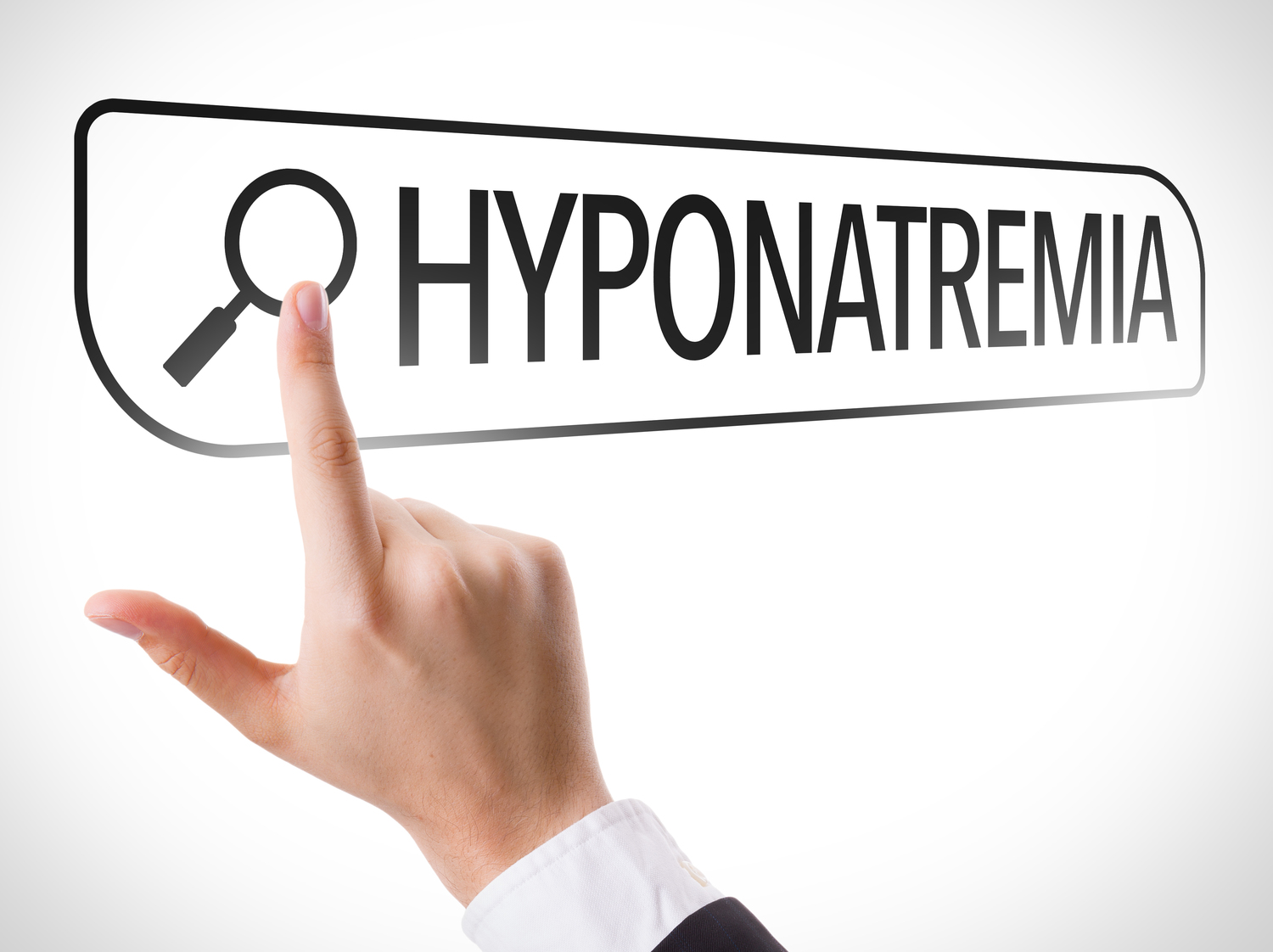
Understanding the causes and symptoms of hyponatremia
A common electrolyte disorder, hyponatremia is triggered when the sodium levels in the bloodstream are too low. It is imperative for the bloodstream to contain the right amounts of sodium so as to control the levels of water in and surrounding the body cells. When the proportion is disrupted, the level of water rises in the body and this causes the cells to swell up. The body is then subject to suffering from a plethora of different conditions. While some are mild health conditions, some maybe even life-threatening.
Causes
Normally, the level of sodium in the blood must be anywhere around 135 to 145 milliequivalents per liter (mEq/L). However, when the same drops below 135 mEq/L, it is labeled as hyponatremia. It is essential to understand the different causes that lead to low sodium levels in the body when seeking the best treatment methods. Some of the reasons include:
- Health conditions – The health problems such as liver disease and kidney conditions can cause a disruption in the way in which the body processes fluids. This then leads to a drop in the levels of sodium. Even chronic diarrhea or vomiting can trigger hyponatremia due to the depletion of fluids in the body.
- Hormonal imbalance – There are some hormones that can affect the levels of sodium in the body. This includes the condition called syndrome of inappropriate antidiuretic hormone (SIADH) that causes water retention. Addison’s disease also is a condition that disturbs the levels of a hormone which aids in keeping the electrolytes under check. The sodium levels also become imbalanced when the levels of the thyroid hormone are low.
- Excess water consumption – Some people may consume an excess of water and this can lead to dilution of the sodium in the blood. This is especially the case when people over-hydrate after strenuous events such as workouts and running at marathons. These activities can also lead to loss of sodium through excessive sweating.
- Certain medications – There are certain medications such as diuretics and antidepressants that are found to have a strong connection with hyponatremia. They also include pain medications that cause one to sweat more and increase the urge to urinate. These factors cause the levels of sodium in the body to decrease drastically, and thus they trigger the condition of hyponatremia.
Symptoms
There are no symptoms experienced when the case of hyponatremia is mild; however, as the condition advances there may be certain noticeable signs which include:
- Confusion and inability to process information
- Intense headache
- Cramps in the feet and stomach
- Muscle spasms
- Restlessness and inability to sit still
- Irritation at the slightest trigger
- Fatigue even when not part of a strenuous activity
In the most severe cases, the patient will be at the risk of suffering from seizures. The extreme condition can also cause one to slip into a coma. To understand if one is affected by the condition, it is essential to undergo diagnosis. This must be followed by immediate treatment to keep the condition under control.


